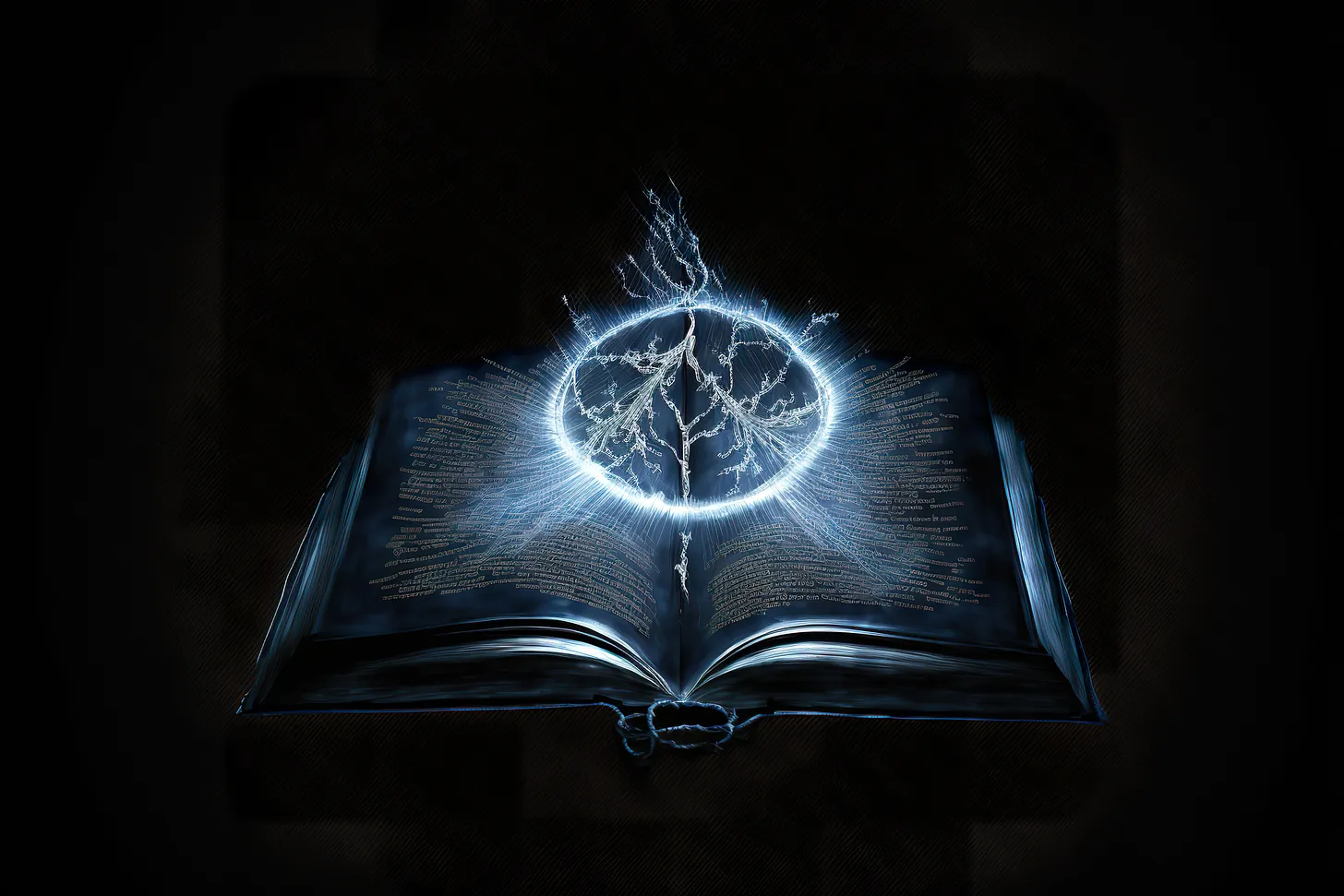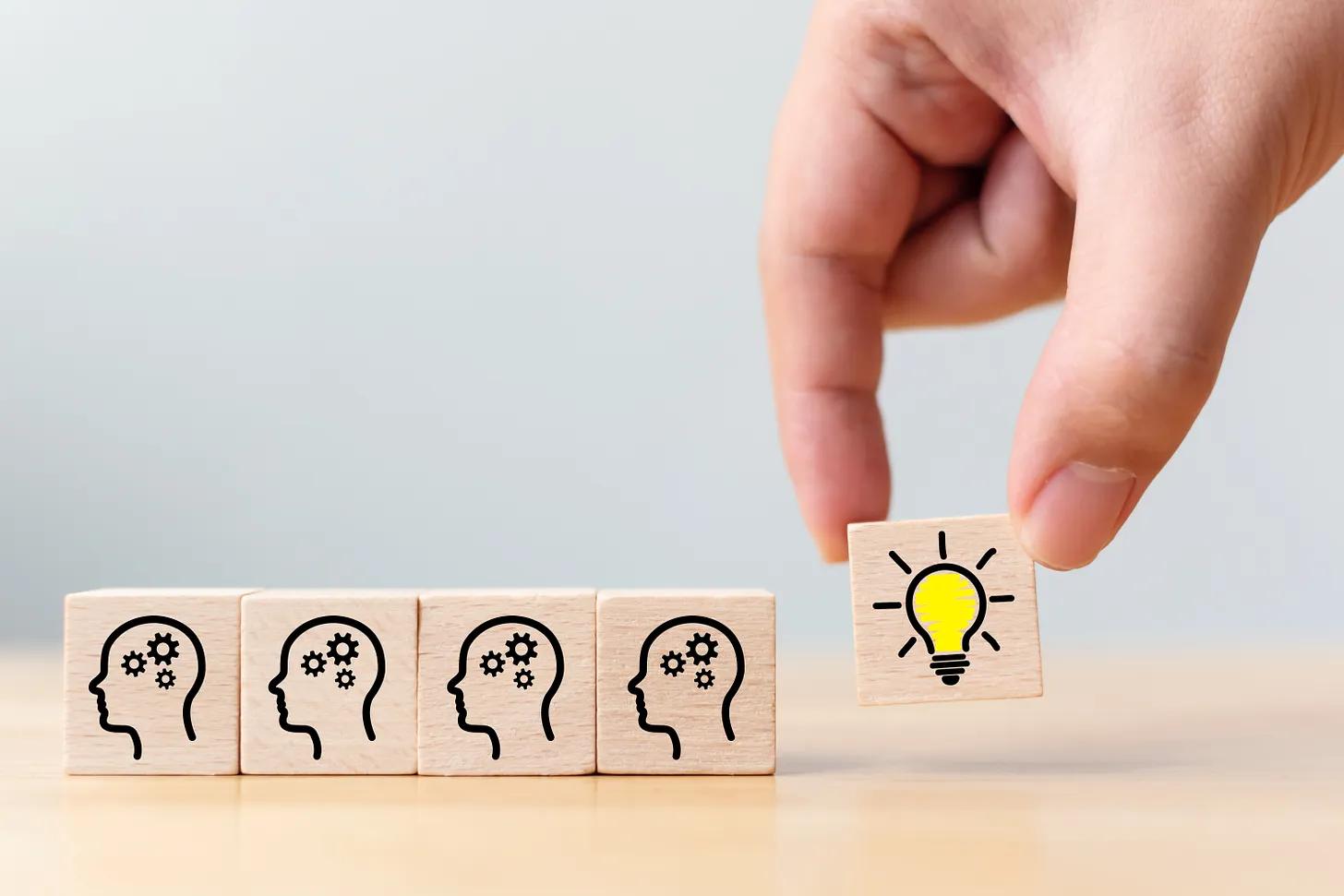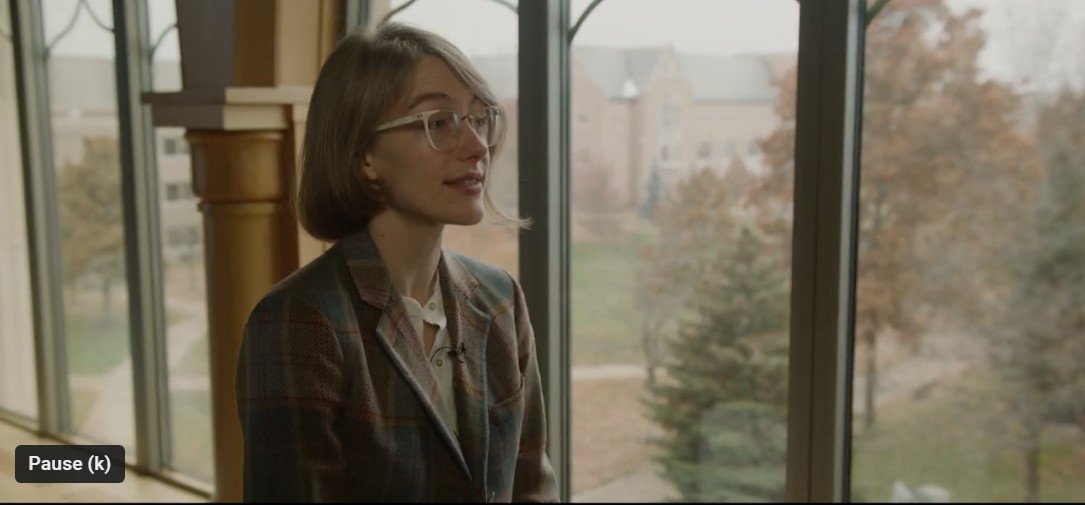
Tuning Our Clocks
People move about and live their lives within social contexts and institutions, not as lone individuals—not ever as lone individuals.

Supine Deference
A culture in which individual judgement is largely suspended is corrupt. But the cure for this malady is not conceptual revision. The concept of knowledge is what it is come what may, and it is indispensable.

Why Must We Tell?
Each of us can benefit from observations and discoveries made by other people and we can share information to our mutual advantage.

Epistemically Prior to the Individual
The sharing of knowledge creates a new subject of knowledge: the community.

Are you looking for trouble
The social constitution of knowledge reveals itself beautifully, and, to all of us, obviously.

Quinian Bootstrapping
Creating placeholder structures—knowing without understanding—is central to all conceptual change.

Placeholder Structures
Initial learning of new facts, by necessity, must be formulated in terms of the available conceptual repertoire, or they must be represented as placeholder structures, not yet interpreted in terms of available concepts.

The One Doing the Learning
Why is it that those who are regarded as having the most compassion in education say stupid, insensitive things like "the one doing the talking is the one doing the learning"?

To Be Believed as a Person
Beyond its epistemic function of making knowledge available to the recipient, testimony is intimately tied to human sociality.

Trust Games
Without explanatory bootstrapping, we would not be able to establish many adaptive prior beliefs, especially those that are complex or abstract.

Mathematics Learning Is Not Special
We may treat mathematics too specially, as being unnecessarily privileged compared to other academic disciplines or ways of knowing.


The Force for Trust
It's not a bad thing to accept information from others without personally vetting it or critiquing it; in fact, we really couldn't live without doing so.

Intellectual Self-Reliance
How is it possible that each person's own faculties are more trustworthy than the faculties of any other person?

Taking Others at Their Word
Unless testimony is a good source of knowledge none of us knows hardly anything.

Institutional Testimony
We receive a significant amount of information from others without our awareness.

Corroboration
What others tell us is sometimes important as corroboration of what we think we have found out for ourselves.



Better Living Through Imitation
The "social glue" function of imitation is well documented.
